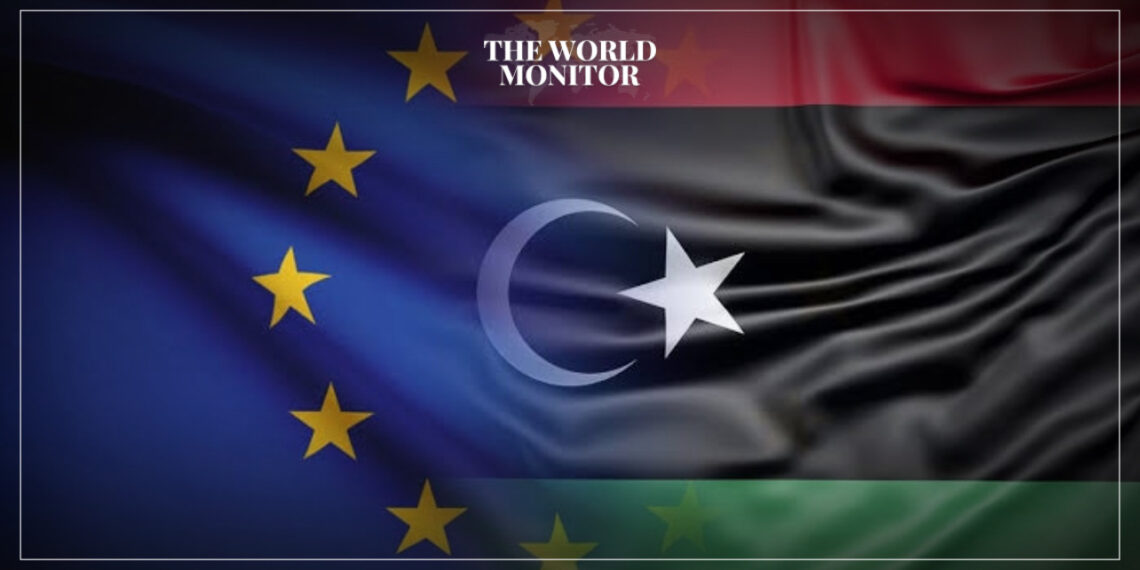The European Union Ambassador to Libya, Nikolaus Orlando, reaffirmed that the EU is a committed partner with Libya in the security sector and in the effective implementation of the 2020 ceasefire agreement.
In a post on his account on X, Orlando highlighted that the coastal road was successfully reopened in 2021 and has remained secure thanks to the first phase of the EU-funded EULINK project. This project provided infrastructure, joint training, and operational support to police officers from both western and eastern Libya.
Orlando also mentioned that, through the second phase of the EULINK project, the EU is now working with partners across the country, from Tripoli to Misrata and Benghazi, to strengthen the reunification of institutions and build the capacity of military institutions in the ceasefire zone, including support for border monitoring in southern Libya.
The European Union and Libya have been actively cooperating, particularly in areas like border security, migration management, and the enforcement of the ceasefire agreement. The EU’s Border Assistance Mission in Libya (EUBAM) has played a pivotal role in helping Libyan authorities secure the country’s land and sea borders, which are vital for controlling irregular migration and combating human trafficking. This collaboration has included training Libyan border guards, improving communication networks along the coast, and enhancing the capabilities of Libya’s security institutions.
The EU has also supported Libya in strengthening public security and implementing the 2020 ceasefire, providing both financial and technical assistance. A key focus of the EU’s involvement is ensuring that Libyan authorities comply with international human rights standards in their border management and security operations. The cooperation also extends to regional stability, addressing security concerns along Libya’s borders with neighboring countries, particularly in the Sahel region.
This partnership underscores the EU’s commitment to supporting Libya’s path to stability and governance reform, while also managing the broader security concerns in the Mediterranean region.






